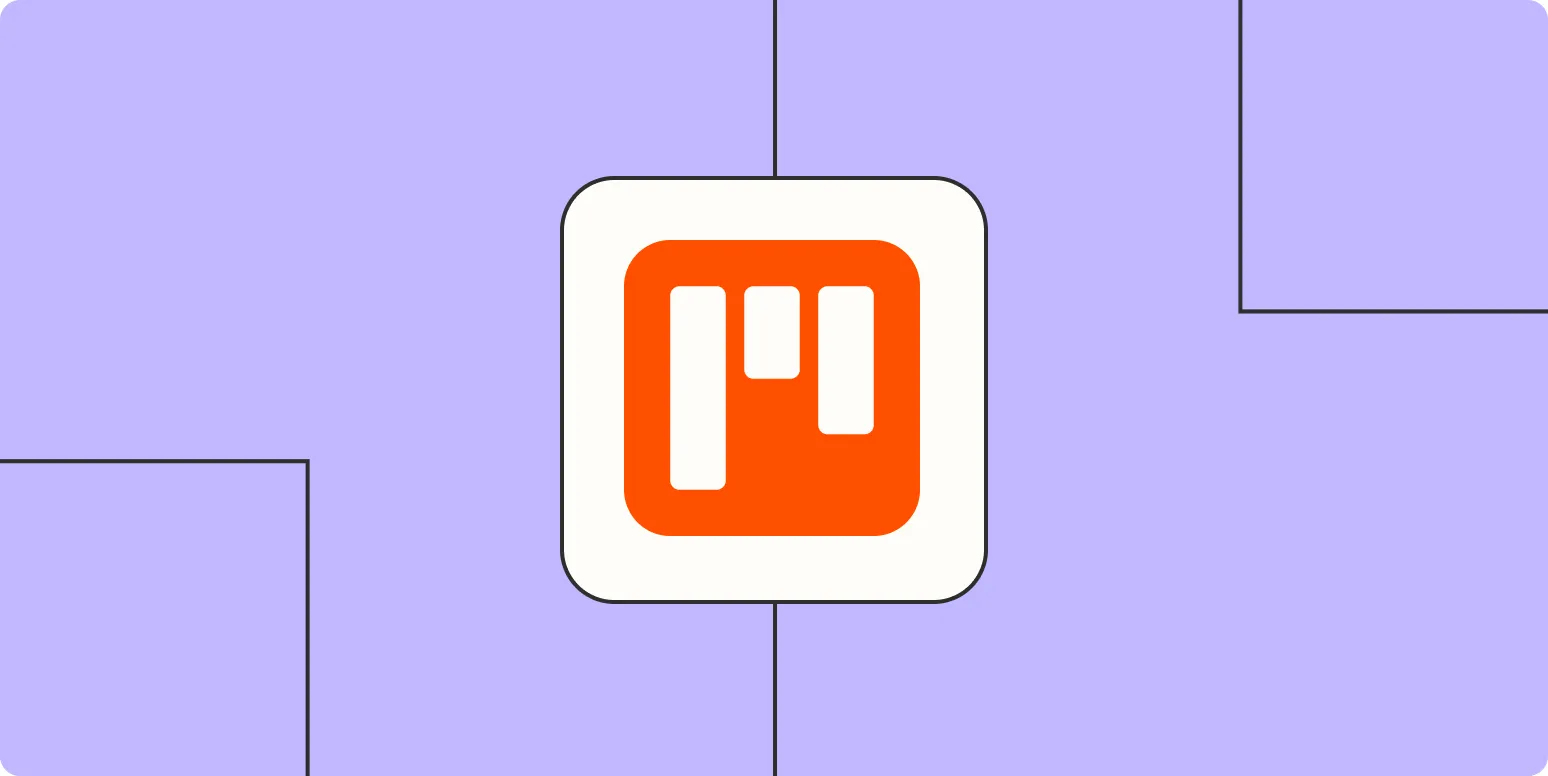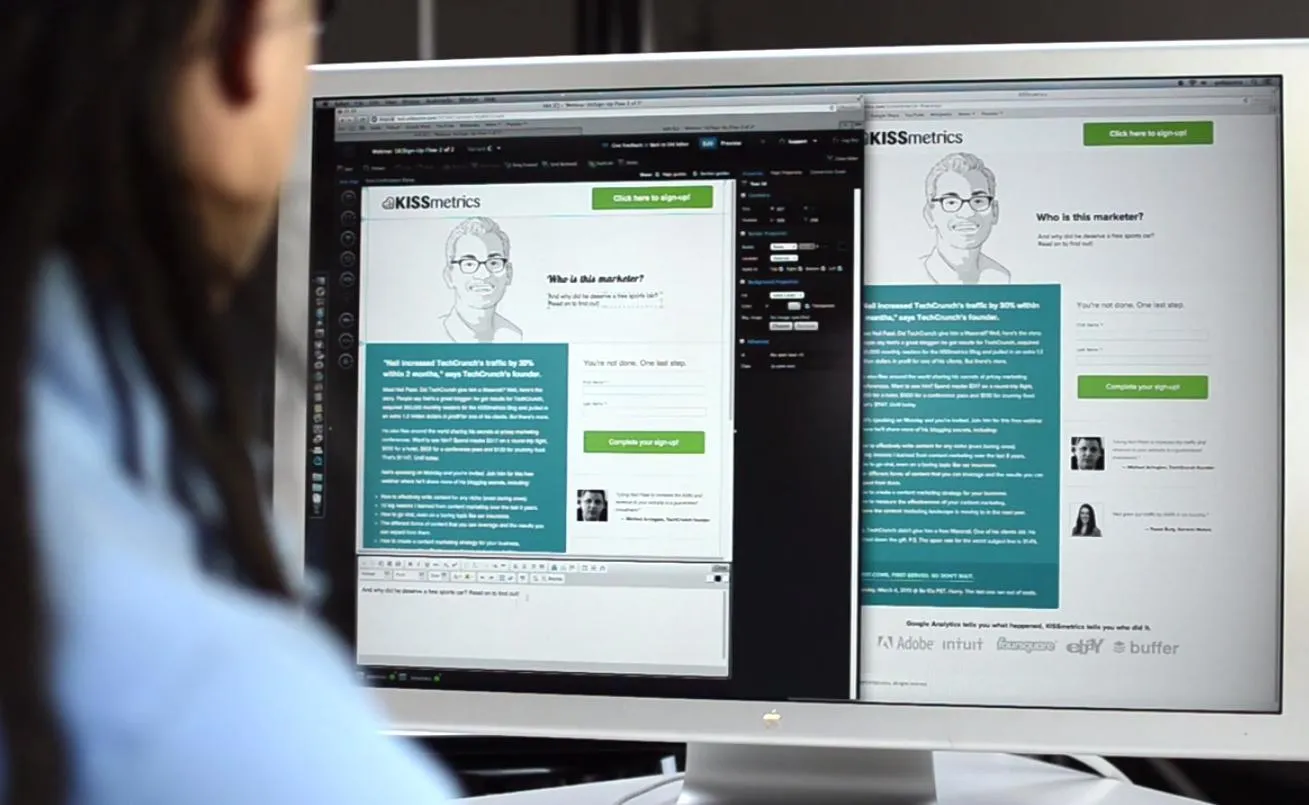1. Integrate with Project Management Tools
One of the most effective ways to automate your ''Kanban board'' is to integrate it with popular ''project management tools'' like Trello, Asana, or Jira. These tools often come with built-in automation features that allow you to set triggers for moving cards between columns based on specific criteria. For example, you can automate the transition of a task from "In Progress" to "Completed" once all checklist items are marked off. This not only saves time but also ensures that your board is always up-to-date.
2. Utilize Automation Platforms
Automation platforms like Zapier or Integromat can be a game changer for your ''Kanban workflow''. These tools allow you to create ''Zaps'' or scenarios that connect different apps to perform automated actions. For instance, you can set up a Zap that automatically creates a new ''Kanban card'' whenever a new email arrives in your inbox with a specific subject line. By leveraging these automation platforms, you can streamline your workflow and eliminate mundane tasks.
3. Set Up Recurring Tasks
Recurring tasks are essential for maintaining a consistent workflow in your ''Kanban board''. Many Kanban tools allow you to create tasks that automatically reappear at specified intervals, such as daily, weekly, or monthly. This feature is particularly useful for routine tasks like weekly reports or regular maintenance checks. By automating these recurring tasks, you can ensure that nothing falls through the cracks and that your team stays on track.
4. Use Time Tracking Tools
Integrating ''time tracking tools'' with your ''Kanban board'' can help you automate time logging for tasks and projects. Tools like Toggl or Harvest can be connected to your board, allowing team members to start and stop timers directly from their task cards. This not only simplifies the time tracking process but also provides valuable insights into how time is being spent on various tasks, helping to optimize your workflow.
5. Automate Notifications
Keeping your team informed is crucial for any successful project, and automating notifications can help you achieve this seamlessly. By setting up automated notifications, team members can receive alerts when a task is assigned to them, when deadlines are approaching, or when a task has moved to a different column. This can be done through built-in features in your ''Kanban tool'' or external services like Slack or Microsoft Teams, ensuring that everyone stays in the loop.
6. Leverage Templates for Common Tasks
To further automate your ''Kanban board'', consider creating templates for repetitive tasks or project types. Most ''Kanban applications'' allow you to save card templates that can be reused, saving time when you need to set up a new project. By leveraging these templates, you can ensure consistency in how tasks are structured, making it easier for your team to understand and follow the workflow.
7. Analyze and Optimize with Analytics Tools
Finally, to truly automate and enhance your ''Kanban workflow'', utilize analytics tools to gather insights on your performance. Tools like ''Google Analytics'' or built-in reporting features in your ''Kanban software'' can help you track metrics such as cycle time, lead time, and task completion rates. By analyzing this data, you can identify bottlenecks and areas for improvement, allowing you to make informed decisions that can further automate and streamline your workflow.
Conclusion
Automating your ''Kanban board'' can significantly enhance your productivity and efficiency. By integrating with project management tools, utilizing automation platforms, setting up recurring tasks, using time tracking tools, automating notifications, leveraging templates, and analyzing performance, you can create a seamless workflow that allows your team to focus on what truly matters. Embrace automation today, and watch your productivity soar!





